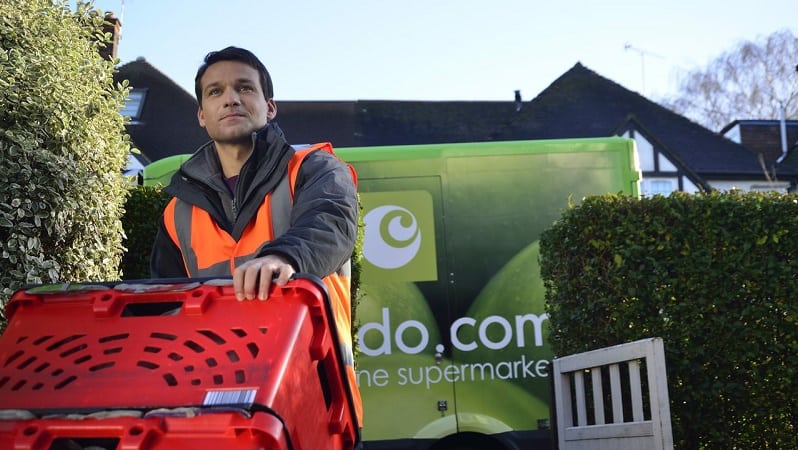Why are UK equities booming?
A year ago, it wasn’t a question that was being asked, let alone answered. But as suddenly as a sodden spring transformed into a hot summer, the value of UK equities has jumped.
The rally is not uniform. Larger companies have had a good year, with the FTSE100 rising 15% in the 12-months to mid-July. But it is mid-sized companies that have found themselves in the sweet-spot, with the FTSE250 rising 36% in sterling terms over the same period – ahead of the mainboard equity markets in the US, Europe and Japan. Performance in emerging markets has been anaemic by comparison, with MSCI BRIC rising less than 1% in sterling.
What is especially interesting – and exciting – is that the lead is concentrated in domestic sectors. The places to be in the first half of 2013 were financials, retailers, property, support services, travel & leisure, sectors which generate their revenues by selling to the UK consumer.
This may seem counter-intuitive and to some extent it is. Emerging markets continue to grow at much faster rates than developed markets. As a simple comparison, the International Monetary Fund forecasts China to grow by around 7.9% this year and the UK by around 1.1%.
What is changing is the direction. The Chinese growth rate is declining. In the second quarter it grew 7.5% at an annual rate, already down on expectations. The UK is on the rise. And it is in services, a traditional strength in the UK, that the economy is seeing the most significant rebound. Although personal incomes remain static, employment is growing and the savings rate is significantly higher than it has been historically. An improved tone in the property market is also adding to the popular feel-good factor.
Home sweet home
The opportunities are abundant. Thomas Cook has made an astounding recovery under CEO Harriet Green. Her strategy of simplifying and consolidating the business, raising new equity and improving the balance sheet is bringing a market-leading business back to profitability. From a trough of 8p in November 2011, shares are now trading over 140p. Easyjet is another travel company that has seen strong performance over the past year, driven by a competitive proposition, efficient operations and a bold growth strategy.
Keeping within the travel & leisure sector, we like a number of companies in the pub and catering area – Greene King, Spirit, Enterprise Inns and Restaurant Group. These are businesses which did well in the recession, cutting costs, focusing on great customer value . Now they are doing well in the recovery, with increased revenues going to profit due to the efficiencies realised when times were difficult.
A paradox of British culture is our love of our homes and our sometimes doubtful relations with the people who help us to acquire them, estate agents. As house values have started to rise again, with London especially boosted by foreign demand, the wealth effect is creeping back. A number of sectors are benefiting – housebuilders, retailers, home improvement businesses such as kitchen supplier Howdens Joinery… and estate agents. We like both Savills and Countrywide. The former has outperformed the market convincingly over the past year, with a total return of nearly 70%, while the latter has seen a stunning rise from its £3.50 issue price in March to over £6.00 by mid-July.
Property preferences
Capital & Counties remains our favourite play in the property sector. This is the company behind the transformation of Covent Garden from a tired also-ran to a thriving leisure and retail district, retaining the area’s distinctive character while attracting top global brands such as Apple, Chanel and Burberry. They also own the Earl’s Court exhibition sites in west London, which they plan to convert to residential and retail use. This is a fascinating project, though it presents many challenges. We believe the management team – which proved its mettle in Covent Garden – have the skill and expertise to unlock the significant value in this unique site.
These are a few examples. There are many more. The question now is will it continue? The numbers suggest it will.
Global growth this year seems likely to come in at around 3% and probably a little higher in 2014. That is sub-trend, but it is growth nonetheless. Forecasts for earnings growth for companies in the FTSE250 over the next 12 months are currently around 8%, and we think that’s a reasonable number in the context of our expectation for global GDP. And that is on top of a starting dividend yield of around 3%.
Altogether, over the next year, that adds up to a total return in the teens. In a world in which base rates are 0.5%, that seems to us a good reason to be investing in the UK.










